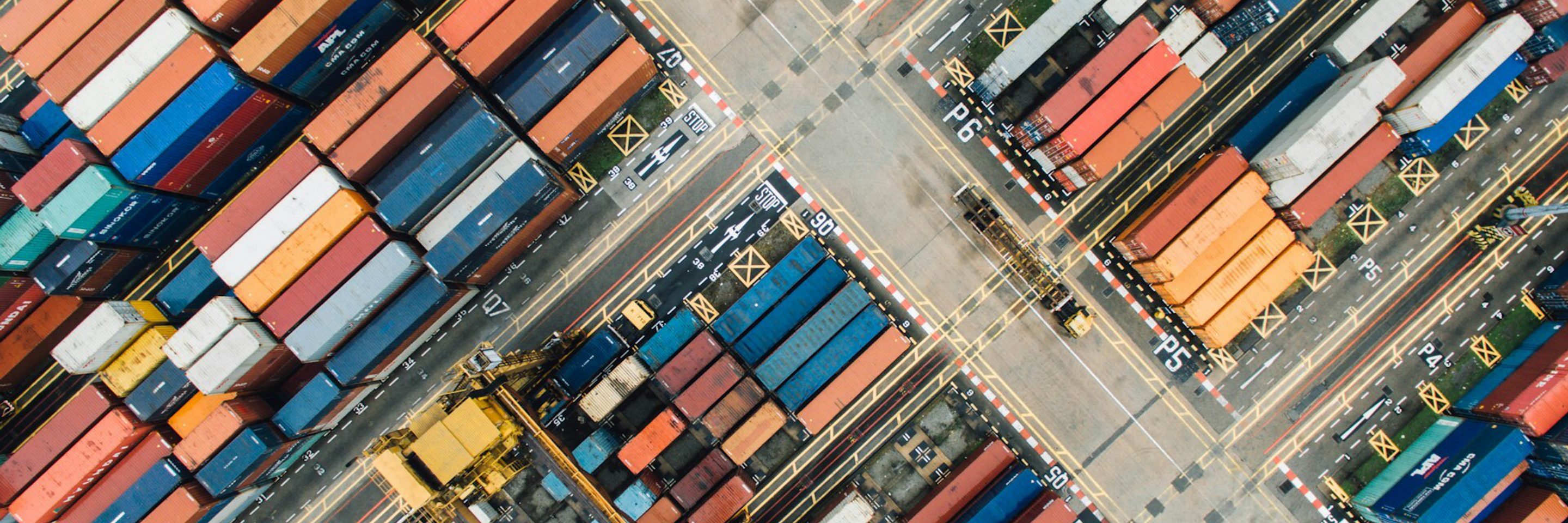
Inward Processing Relief
Inward Processing Relief (IPR) is a customs regime which allows goods to be imported into the UK for processing without paying Customs Duty and VAT on the initial movement. IPR provides relief in many ways by mitigating unwanted additional Duty costs and protecting against import VAT risks in certain situations.
Operating IPR requires a business to apply for an authorisation from HMRC
The application process can be lengthy, complicated and requires all parts of the business to be involved. It will almost certainly require the business to implement additional processes to maintain compliance. An initial review of benefits to the business vs cost of applying and administering the scheme should be carried out. If you are considering applying for IPR approval or would like to know more about the potential benefits of IPR please get in touch.
Key risks of not using IPR
Customs Duty charged on entry from ROW to UK. Unless goods meet rules of origin under FTA, Customs Duty charged again on entry to the EU. Double duty cost.
Where the importer does not own the goods (e.g. repairs) the import VAT is irrecoverable. The current HMRC policy is that only owners of goods can reclaim any import VAT. As goods imported for repair would not be subject to a sale and transfer of ownership any VAT recovered is at risk of assessment for being incorrectly claimed..
In both examples Duty and VAT are suspended when the goods are imported. Reducing risk and bottom-line double duty costs.
Key benefits to IPR as it interacts with FTA
Under the terms of the UK/EU Trade Agreement, UK manufacturers can import goods under IPR to manufacture a finished product which, if the rules of origin are met, can claim UK Origin for onward supply to the EU. This would mean that the manufacture and supply of the finished product would not be subject to any customs duty.
IPR could allow for outright duty savings compared to duty that may have been incurred prior to Brexit. Rules Of Origin are complex and benefit certain sectors such as motor manufacturing to include non-originating content starting at 60% and reducing down to 45% over a six-year period.
How to apply and what is involved?
Before any application for IPR is made, you should consider the following when determining whether IPR is suitable for your business activities:
How much duty would you save if you use IPR on imported materials?
Would your deliveries to the EU qualify as UK origin goods and meet the preference qualification rules as laid down in the agreement with the EU?
If your goods do not qualify under the UK/EU preference agreement, what is the standard duty rate into the EU?




